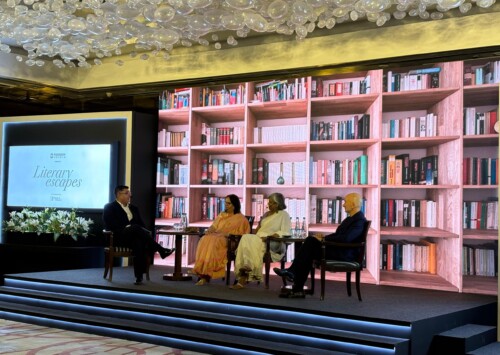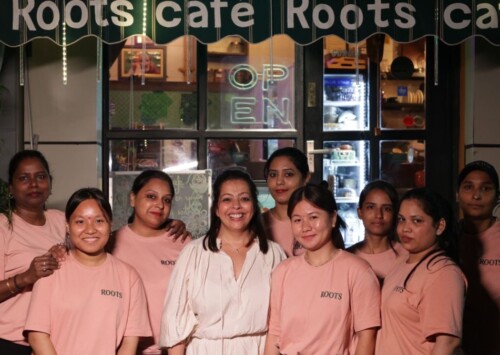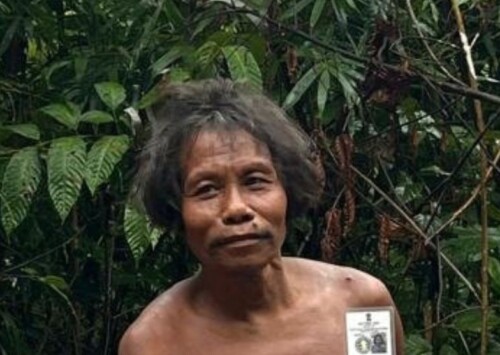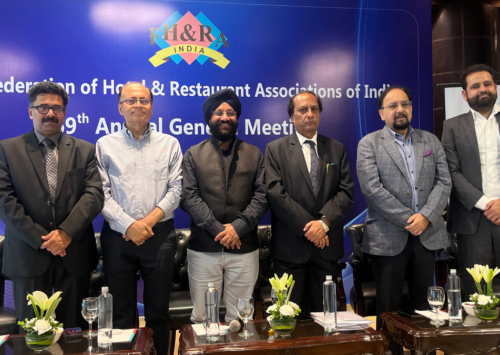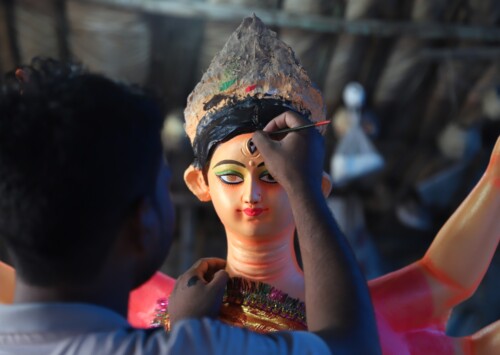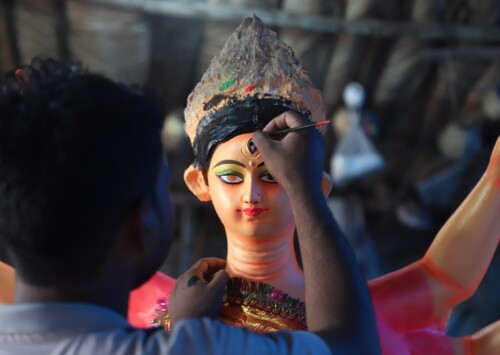Five must-watch documentary films inspiring change
Unpacking India’s untold stories, hidden realities

Documentary films inspire change and push audiences to face difficult realities, going beyond simple amusement
Indian documentaries are unearthing powerful stories of resilience, identity and change. These five must-watch films expose deep social and cultural issues, offering intimate perspectives on struggles and triumphs that shape the nation’s evolving narrative.

Documentary films inspire change and push audiences to face difficult realities, going beyond simple amusement
While Indian cinema is almost entirely all about a make-believe world, documentaries have long been a potent tool for bringing attention to the nation’s nuanced social realities, cultural contradictions and untold human tales. These films inspire change and push audiences to face difficult realities, going beyond simple amusement. These are five must-see Indian documentaries for any viewer who cares about social issues.
India Untouched: Stories of a People Apart (2007)

The film includes startling footage of Dalits being made to get off their bikes and take off their shoes in upper-caste neighbourhoods
Directed by Indian filmmaker, Stalin K. and released in 2007, India Untouched: Stories of a People Apart is perhaps the most comprehensive documentary ever made on caste-based discrimination and untouchability in India. The film provides a comprehensive overview of the extent of caste discrimination in both urban and rural India, spanning eight states namely Kerala, Tamil Nadu, Punjab, Uttar Pradesh, Gujarat, Bihar, Andhra Pradesh and Delhi.
In order to chronicle the everyday hardships of Dalits, also known as ‘the broken people’, who still experience violence and exclusion in spite of constitutional protections, Stalin K travelled all around India for four years. The film includes startling footage of Dalits being made to get off their bikes and take off their shoes in upper-caste neighbourhoods, young children internalising caste prejudices and even educated Dalits being discriminated against in prestigious institutions.
The examination of untouchability not only among Hindus but also among Sikhism, Christianity, Islam and even communists in progressive states like Kerala is what makes India Untouched so captivating. The film also emphasises the tenacity and defiance of the Dalits, as evidenced by the custom of drumming to rally supporters for the cause and the stirring scene of a young Dalit girl drinking water from a village well for the first time in her life.
The movie makes it clear that caste-based discrimination still exists in India by highlighting how it persists across religious and geographic boundaries.
Children of the Pyre (2008)

What makes this documentary extraordinary is its intimate portrayal of childhood innocence surviving amidst death and poverty
Children of the Pyre (2008), directed by Rajesh S Jala, a documentary filmmaker, is a raw and unflinching look at the lives of children who work at the cremation ghats of Varanasi, one of India’s holiest cities. The film follows seven boys who earn a living by assisting with funeral rites, collecting coins and scavenging for valuables left on the pyres.
What makes this documentary extraordinary is its intimate portrayal of childhood innocence surviving amidst death and poverty. The children narrate their own stories, revealing their resilience, humor, and dreams for a life beyond the ghats. The film also exposes the exploitation and neglect these children face, as well as their unique perspectives on life, death, and spirituality.
Children of the Pyre is a haunting yet deeply human story that challenges viewers to reflect on issues of child labour, poverty and the meaning of dignity.
World Before Her (2012)

The film centres on Prachi Trivedi, a 24-year-old teacher at Durga Vahini who teaches girls to uphold Hindu culture and reject Western influence
The World Before Her (2012), a documentary directed by filmmaker Nisha Pahuja, depicts two very different worlds of young Indian women: the glitzy Miss India pageant and the militant Durga Vahini camp, which is the women’s wing of the Hindu nationalist organisation Vishwa Hindu Parishad. The film centres on Prachi Trivedi, a 24-year-old teacher at Durga Vahini who teaches girls to uphold Hindu culture and reject Western influence and Ruhi Singh, a 19-year-old from Jaipur who aspires to be Miss India.
Although these worlds appear to be diametrically opposed, one supporting modernity and confidence, the other supporting tradition and resistance, the movie reveals startling parallels: both girls seek independence and self-determination in a patriarchal culture. While Ruhi aspires to independence through celebrity, Prachi is taught that marriage and obedience are a woman’s responsibilities. The documentary, which won Best Documentary Feature at the 2012 Tribeca Film Festival, exposes the inconsistencies and complexities of young Indian women’s lives, challenging viewers to think beyond the simplistic categorisations of “progressive” or “regressive.”
Writing With Fire (2021)

The movie was India’s first documentary to be released in theatres in the United States
Directed by Sushmit Ghosh and Rintu Thomas, Writing With Fire is a ground-breaking 2021 Indian documentary that follows the all-female, Dalit-led news organisation Khabar Lahariya as it makes the switch from print to smartphone-based digital journalism. As Chief Reporter Meera and her team bravely cover social and political issues from India’s most difficult regions, defying gender, caste, and media norms, the movie follows them. Their journey is about more than just news; it’s about empowerment, resiliency, and redefining what it means to be strong in a world dominated by men.
The documentary won two Sundance 2021 awards and a 2023 Peabody Award, making it the first Indian film to be nominated for an Academy Award for Best Documentary Feature. The movie was also India’s first documentary to be released in theatres in the United States, earning roughly USD 29,731 at the box office. With 10 million views on YouTube, Khabar Lahariya remains a shining example of grassroots, female-led journalism.
Reason (2018)

Reason exposes the dangerous nexus between religious fundamentalism, caste oppression, and political power
Reason (2018), directed by veteran documentary filmmaker Anand Patwardhan, is a searing documentary on the rise of religious intolerance, caste violence and state complicity in India. The film examines the murders of rationalists and activists such as Narendra Dabholkar, Govind Pansare, M M Kalburgi and Gauri Lankesh, who were targetted for challenging superstition and advocating for social justice.
Patwardhan’s documentary is a powerful indictment of the forces that seek to silence dissent and enforce conformity. Through interviews, archival footage, and on-the-ground reporting, Reason exposes the dangerous nexus between religious fundamentalism, caste oppression, and political power. The film is both a tribute to the courage of those who fight for reason and a warning about the erosion of democratic values in contemporary India.

